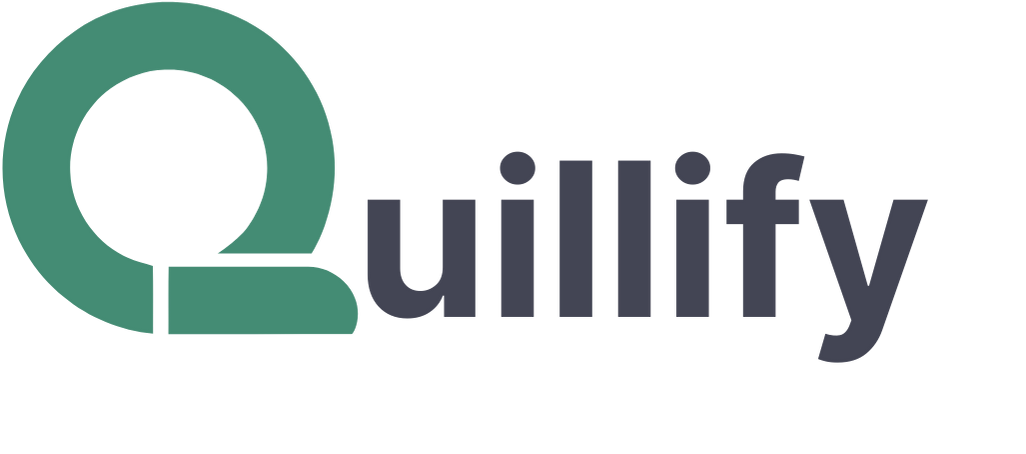Understanding the World of Grants
Grants are financial awards given by entities like government agencies, foundations, or corporations to support various projects and causes. Think of them like a business contract, except the exact project is up to you as long as it fits within certain guidelines. There are different types of grants such as block grants, categorical grants, project grants, each with its own specific purpose and conditions.
Determining Your Eligibility
Each grant has eligibility criteria. Research the grant providers and understand their missions and goals to see if your project aligns with their focus areas. Review the requirements carefully, as some grants may only be open to certain types of organizations, individuals with specific qualifications, geographic locations, or subject areas. Look at past recipients to gauge the level of innovation and impact the provider seeks.
Essential Documents
To prepare for a grant application, gather all necessary documentation such as your organization’s identification papers (tax-exempt certificates, EIN numbers), a detailed portfolio or resume showcasing your experience and accomplishments, letters of recommendation, financial statements and budgets, and a well-crafted grant proposal outlining your project.
Researching Grant Opportunities
Look for grant opportunities the old way through government resources like Grants.gov, business journals, libraries, university offices of research and sponsored programs, professional associations in your field, non-profit organizations and foundations, or do it in just a couple of minutes with Quillify.
Deciphering Requirements
Grant announcements often use specialized jargon and acronyms. Read through the entire announcement carefully, highlight key terms and phrases, create a checklist of required materials and qualifications, and seek clarification from the funder if anything is ambiguous.
Grant Proposal Components
A persuasive grant proposal should include an executive summary, statement of need, project description, goals and objectives, evaluation plan, detailed budget, and information about your organization. These components should be well-researched, clearly written, and aligned with the funder’s priorities.
Executive Summary
The executive summary provides a concise overview of your project, including its purpose, the problem it addresses, your team’s expertise, methods, expected outcomes, and how success will be measured. It should capture the essence of your proposal in a compelling way.
Budget Planning
Create a detailed, well-justified budget that itemizes all necessary expenses such as salaries, equipment, travel, supplies, publication fees, and indirect costs. Anticipate potential obstacles and include a contingency fund.
Application Process
Follow all instructions meticulously, submit required documents by the deadline, and craft a compelling narrative that highlights the significance, innovation, and potential impact of your proposed work.
Post-Submission
After submitting, keep all application materials organized and stay informed about the process. Prepare for different outcomes, continue networking and research activities, and maintain a positive mindset.
Handling Rejection
Expect and accept that rejection is common in the competitive world of grant applications. Analyze feedback objectively to identify areas for improvement, revise and resubmit, seek support from mentors and peers, and persist by applying for various grant opportunities.
Building Relationships
By understanding the grant landscape, preparing thoroughly, crafting persuasive proposals, and building relationships with funders, researchers and organizations can increase their chances of securing grant funding to support their important work.
Find Grants and Write Proposals in Hours Instead of Months with Quillify
There’s a lot to do to be successful when applying for grants to secure funding. Don’t waste time where it’s not necessary and let Quillify’s AI assistant help you find and write each grant in hours instead of months.



